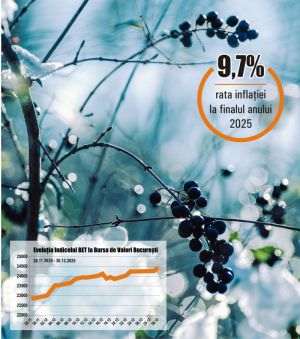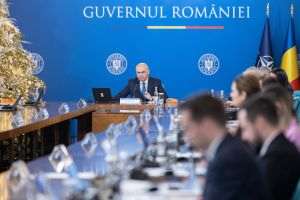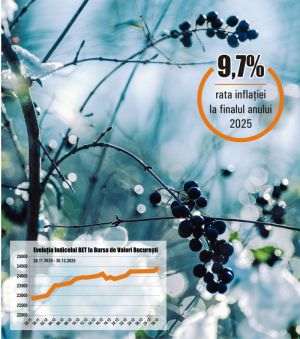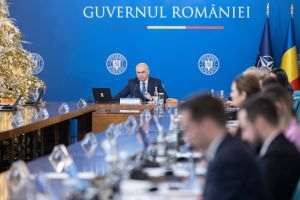• International financial institutions are warning that reluctance to acknowledge losses from bad loans could cause greater problems in 2010
Banks operating in emerging Europe seem to have been reluctant to recognise possible losses from bad loans and could face even bigger problems in early 2010, international financial institutions warn.
According to them, banks located in the formerly communist countries in Europe, many of which are now controlled by Western banks, have used the lenience of the local accounting standards to constitute provisions for bad loans as slowly as possible this year, so therefore only a few of them are likely to report any losses.
However, this strategy may backfire, because, by so doing, the respective banks kept alive loans that are not viable in the long-term, according to International Monetary Fund (IMF) Senior Advisor Christoph Rosenberg.
"The suspicion is that banks are "ever-greening" loans. We are closely watching that development," Rosenberg told a conference organised in Vienna by the Central Bank of Austria. Rosenberg stressed that this practice was boosting profits in 2009, but it could backfire at some point.
"In the long run, it doesn"t serve the interests of the financial sector to carry unviable banks or corporates," Christoph Rosenberg said, reiterating the International Monetary Fund"s concern that corporate refinancing risks were still very high in emerging Europe.
According to the IMF official, the main risks are that loans that have been restructured to avoid default become non-performing anyway, that collateral seized proves to be worth less than thought, and that rising unemployment and corporate insolvencies create more bad debt.
In turn, European Bank for Reconstruction and Development (EBRD) Chief Economist Erik Berglof explained that the increase in the volume of bad loans in Central and Eastern Europe had been below expectations that far, but further growth was still probable on long-term.
The largest creditors in emerging Europe are UniCredit (Italy), Raiffeisen International and Erste Group Bank (Austria), Societe Generale (France, KBC (Belgium) and OTP (Hungary).







































